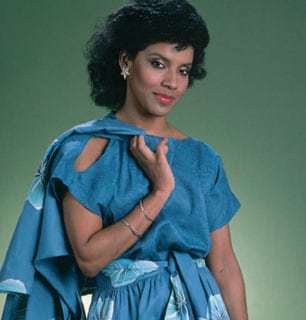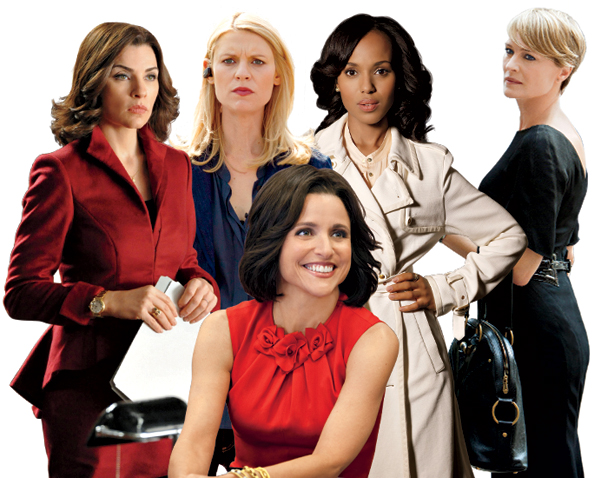Despite the horrific sexual abuse claims leveled against Bill Cosby over the years, The Cosby Show remains one of America’s most revered family sitcoms. Claire Huxtable, the family matriarch, is widely considered the best TV show mom, ever.
Claire Huxtable was a working mother of five children, who, as a lawyer married to a stay-at-home ob-gyn dad, helped provide her family with a comfortable upper middle class existence. As viewers followed the Huxtables through funny slice of life situations, Claire Huxtable was a poised, polished, articulate, witty woman who was firm, yet loving, with her husband and children. For many girls growing up in the 80s, especially African-American girls like me who didn’t see many self-reflective media images, she was the ultimate role model.
Mrs. Huxtable was a welcomed antithesis against the tired media tropes of Mammy, Sapphire and Jezebel that supporting black female characters were often constrained into. As an important advancement in the struggle for positive black characters on television, Claire Huxtable will always be cherished.
But as the old writing cliché goes, sometimes you have to kill your darlings.
While “kill your darlings” relates more to the actual writing process, it feels apropos regarding the character of Claire Huxtable. As a writer, you often come up with amazing scenes or characters. However, as your story progresses, sometimes those wondrous, glorious, most magnificent works of art are not a good fit. As you stubbornly hold on to them, they impede your progress. At some point, you face the choice: kill them, or have your story wither away, lost on a literary island of misfit story elements.
Such is the place we are at with the character of Claire Huxtable and the larger “story” of leading black female characters in a network drama. Claire Huxtable, as an unflawed, “perfect” character, works well as a supporting character in a 30 minute situation-comedy. The character of Claire Huxtable does NOT work as a leading character in a hour long drama. Award-winning screenwriter Katie Torpey (who teaches workshops on screenwriting) describes the need for dramatic TV characters to be relatable:
“You’re following them and you want to like them, but they must be flawed, too. We don’t want perfect people. If they’re flawed, but with redeeming qualities, we root for them.”
It is unfair to demand that black female characters in completely different genres pass a Claire Huxtable “purity” test, not to mention potentially destructive in terms of getting projects greenlit that star black actresses in leading roles.
For years, people have been complaining about the dearth of tv dramas starring black characters. In the tiny landscape of network tv dramas with female leads over the past ten years or so – shows like Alias, The Good Wife, Grey’s Anatomy – people rightly wanted to see diversity, not just in terms of supporting characters, but show leads. They wanted compelling stories with black women at the center, as opposed to the hardworking sidekick or supportive sista-girl.
Thus, off the success of Grey’s Anatomy, Shonda Rhimes brought us Scandal, starring Kerry Washington. With revolutionary use of social media, a hit was born and more projects starring black women picked up steam. Deception came along. And Sleepy Hollow. Then Extant. Last fall brought us How to Get Away with Murder (from a Shonda Rhimes protégé).
Look closely at the white and black lead female characters from both lists of shows. What do you see? Hopefully, parity. Again, in pure dramas (sci-fi is a bit different in terms of character structure), characters are flawed but with redeemable qualities:

In essence, the white characters noted above are HUMAN. Don’t our black leading characters like Olivia Pope or Annalise Keating deserve the same space and consideration? Isn’t HUMANITY what we’ve been fighting for over hundreds of years? To not always have to be the perfect “model minority,” to not always be strong, to have allowances sometimes to make bad decisions? Isn’t that what being human is?
Claire Huxtable was superhuman. Bless that character’s contributions to the image of black women, but it is time to kill that litmus test for black female characters.